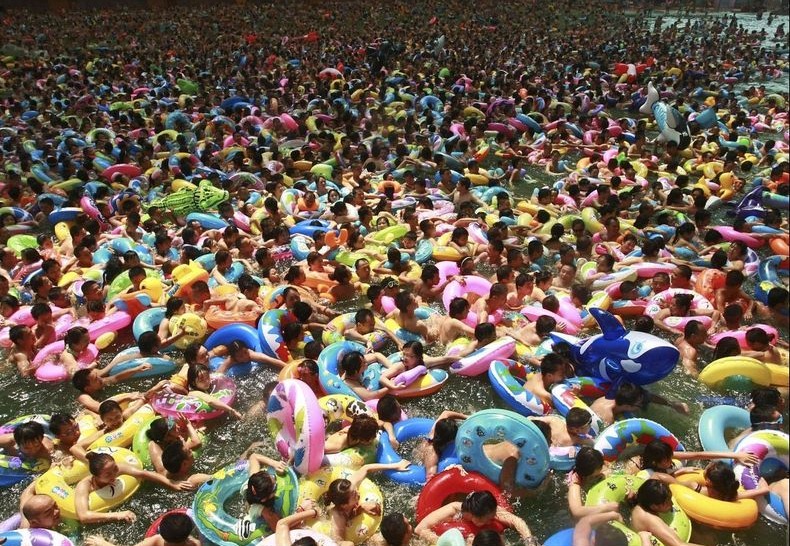Bather Loads, Pollution, Turnover...It's All Relative.
Posted by poolplantcourses.com on Friday, August 26, 2016,
In :
Pool Water Pollution
Gross Microbiological Contamination
Posted by poolplantcourses.com on Monday, April 25, 2016,
In :
Pool Water Pollution
Relative Pollution
Posted by poolplantcourses.org on Tuesday, February 21, 2012,
In :
Pool Water Pollution
Physical Pollution
Posted by poolplantcourses.org on Sunday, December 18, 2011,
In :
Pool Water Pollution
Bacteriological Contaminants
Posted by poolplantcourses.org on Saturday, December 17, 2011,
In :
Pool Water Pollution
Cryptosporidia
Posted by poolplantcourses.org on Saturday, December 17, 2011,
In :
Pool Water Pollution



